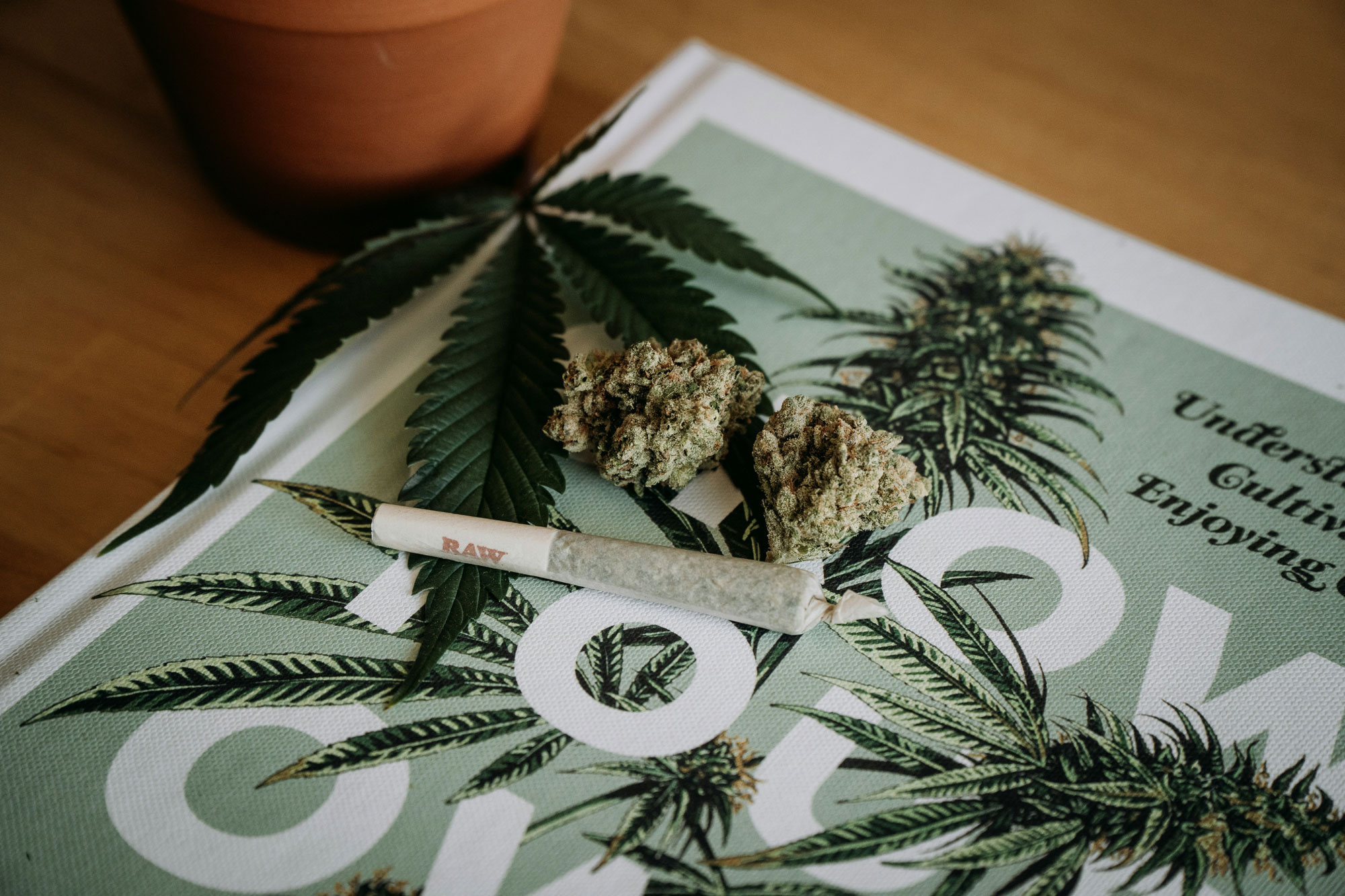Jamaica is renowned for its rich cultural tapestry, where cannabis, often referred to as “ganja,” plays a pivotal role, especially within the music scene. The intertwined history of cannabis and reggae music, popularized by legendary figures like Bob Marley and Peter Tosh, continues to shape the cultural and social landscape of the island. In 2024, this relationship remains as relevant as ever, reflecting in various aspects of Jamaican life and its global influence.
Cannabis in Jamaican Culture
Cannabis is more than just a plant in Jamaica; it is a symbol of spiritual and medicinal value deeply rooted in the Rastafarian religion. Rastafarians consider cannabis a holy herb, integral to their rituals and practices. This spiritual perspective has helped shape a broader cultural acceptance and reverence for the plant.
The Influence of Reggae Music
Reggae music, with its global appeal, has been instrumental in promoting the positive aspects of cannabis. Icons like Bob Marley and Peter Tosh have long advocated for the herb, using their music as a platform to highlight its spiritual and healing properties. Marley’s anthems like “Legalize It” and “Kaya” have become synonymous with the cannabis movement, resonating with audiences worldwide.
The Legacy of Cannabis Advocacy
The legacy of cannabis advocacy in Jamaica is carried forward by the descendants of these music legends. Bob Marley’s family, through brands like Marley Naturals, continues to promote the medicinal and spiritual benefits of cannabis. They strive to correct misconceptions and end the social harms caused by prohibition.
Niambe McIntosh, daughter of Peter Tosh, also champions this cause. She actively works towards justice and legalization, inspired by her father’s relentless fight against the stigma associated with cannabis. Her efforts emphasize education and the medicinal benefits of the herb, aiming to shift public perception and policy.
Modern Cultural Impact
Today, cannabis remains a significant part of Jamaica’s cultural identity. Events like Reggae Month and various cannabis festivals celebrate the herb’s role in music and spirituality. These events attract tourists and locals alike, fostering a sense of community and cultural pride.
Conclusion
The symbiotic relationship between cannabis, culture, and music in Jamaica is a testament to the island’s unique heritage. As the global perception of cannabis evolves, Jamaica stands as a beacon of its positive potential, both medicinally and spiritually. This enduring legacy, championed by iconic figures and their descendants, continues to inspire and educate, ensuring that the true essence of cannabis is recognized and celebrated.
For more insights on the influence of cannabis in Jamaican culture and music, visit Cannabis News and Culture Magazine, Growers Network, and Cannabis Business Times.
By understanding and appreciating this deep-rooted connection, we can better appreciate the profound impact of cannabis on Jamaican culture and its musical legacy.



